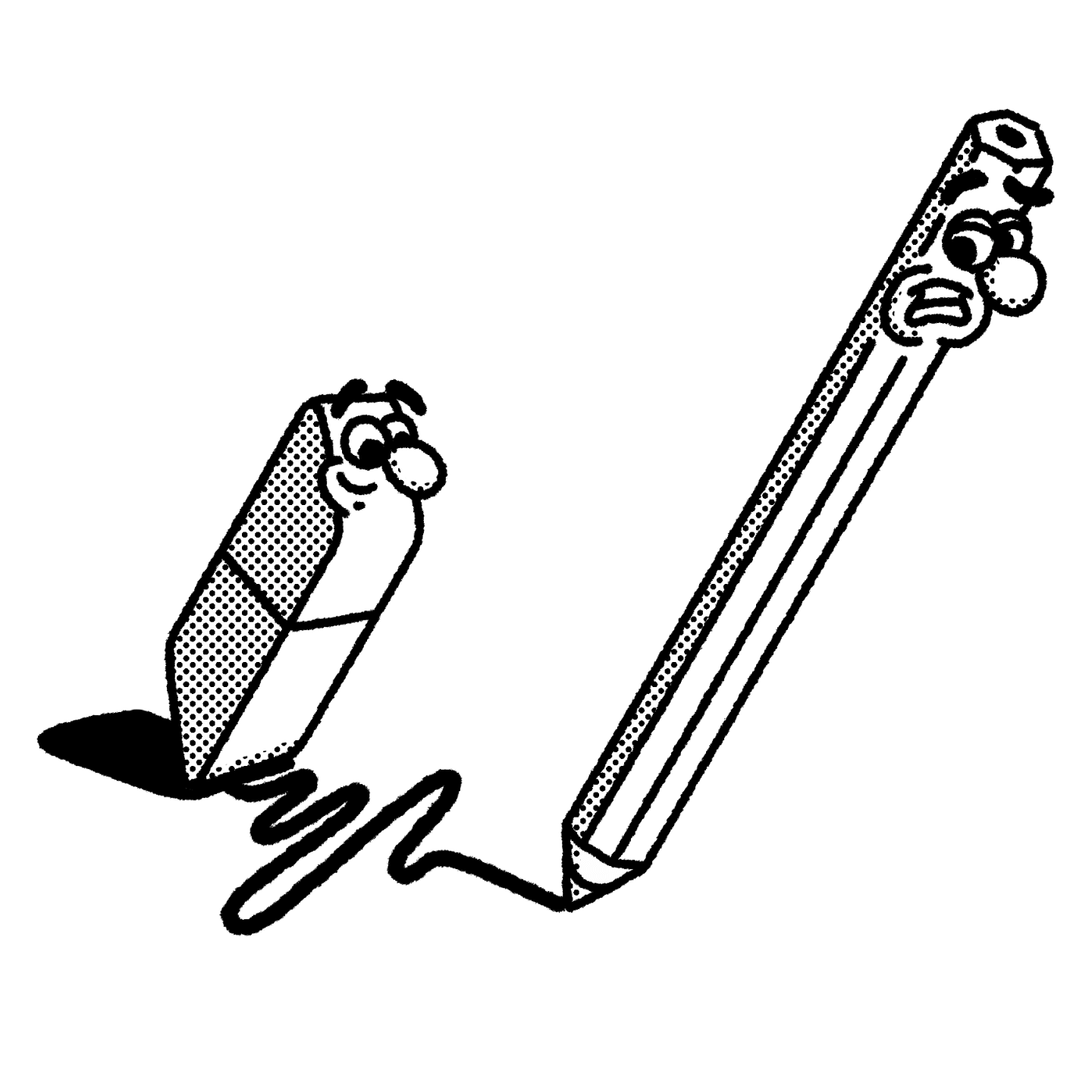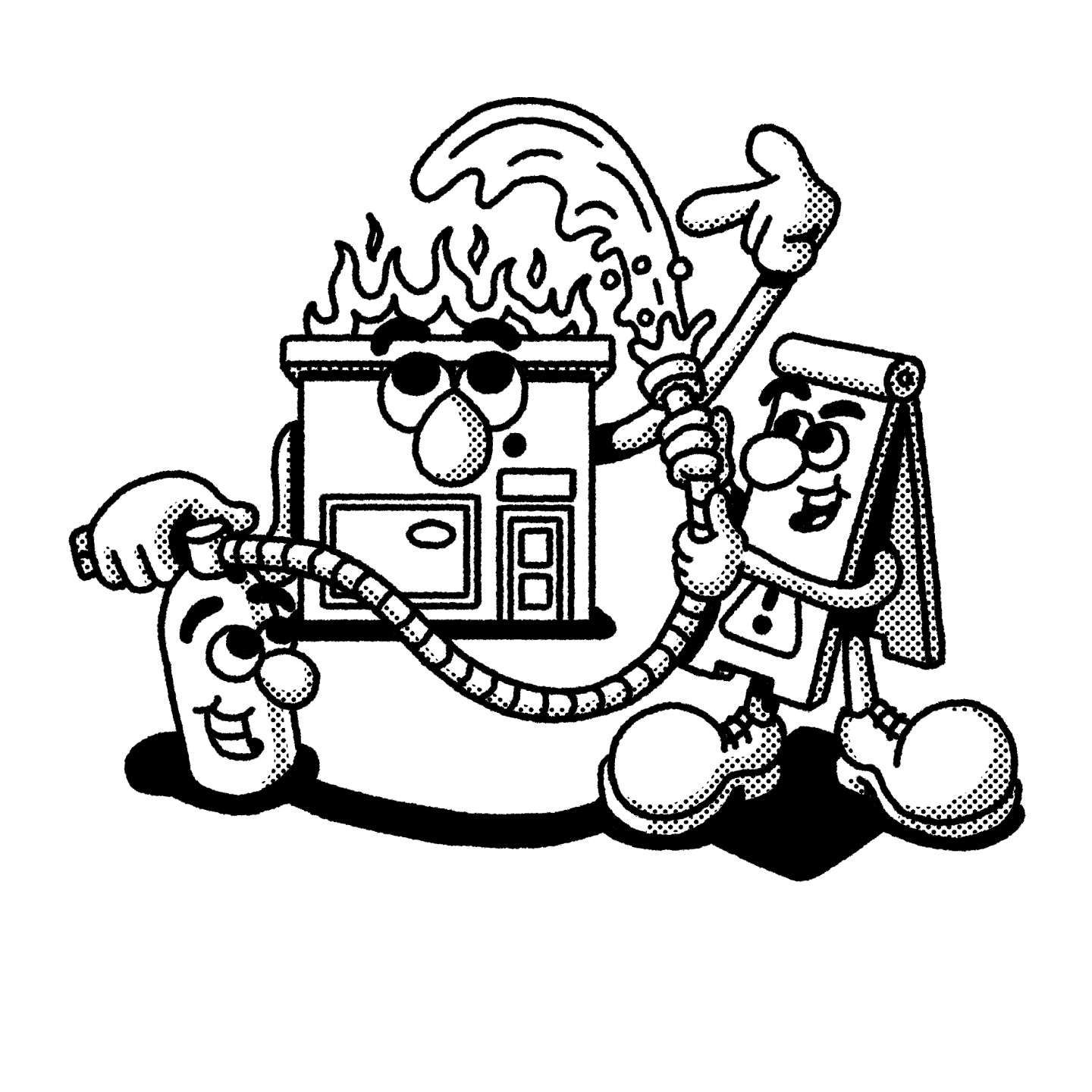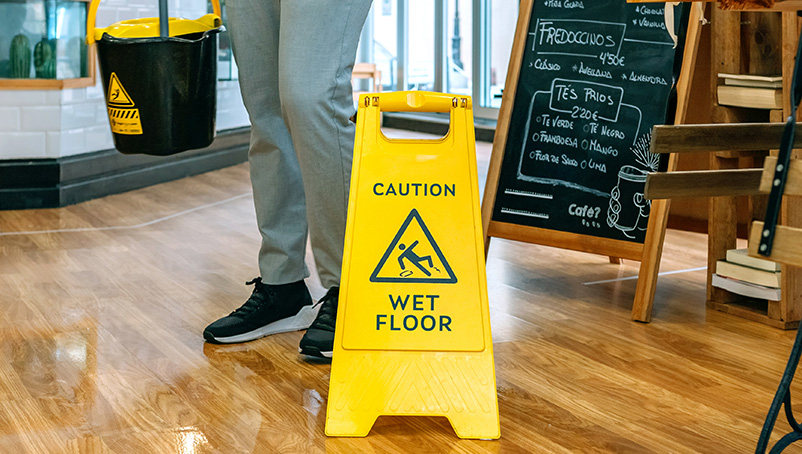Direct vs. vicarious liability: What’s the difference?
The main difference between direct and vicarious liability (also called indirect liability) is the degree of responsibility and control over the actions that lead to harm or damage.
In direct liability, the person or company directly involved in the incident is held accountable for their own actions. In vicarious liability, a person or company is held responsible for the actions of another person or entity.
For example, if you run a red light and cause an accident, you can be held directly liable for the damages and injuries resulting from your negligent behavior.
On the other hand, say you, the business owner, fail to properly train or supervise an employee who then causes harm to others while performing their duties. You may be held vicariously liable for your employee’s actions.
How does insurance help cover direct liability?
Business insurance, specifically general liability insurance, is crucial in reducing direct liability for businesses.
General liability insurance may cover a variety of claims that could arise from the business’s operations:
- Claims for physical injury: If someone gets hurt on your business property or because of what your business does.
- Property damage claims: Say your business accidentally damages someone else’s property. Insurance can help pay for the replacement or repair of the damage.
- Personal and advertising injury: If someone makes a claim against your business for things like libel, slander or false advertising.
- Legal defense and judgment costs: If someone sues your business, general liability insurance can help cover your legal defense costs.
- Medical payments: If a third party gets injured on your business property or because of your business operations, insurance can help pay for medical costs.
With general liability coverage, businesses can transfer some of the financial risks of these claims to the insurance company, minimizing their direct liability. If an accident or injury occurs, insurance can help cover or lessen costs, allowing businesses to focus on their operations without the burden of significant financial losses.
Common exclusions and limitations in general liability coverage
Knowing the limitations of your coverage empowers you to make informed decisions about risk management. You might choose to purchase additional insurance or implement certain safety measures to address uncovered areas. Here are some common exclusions to keep in mind:
- Intentional acts: If losses or injuries are caused by expected or intentional acts, they’re usually not covered.
- Employee injuries: These are usually covered by workers’ compensation insurance instead of general liability.
- Professional errors or omissions: If a claim arises from professional errors, like giving inaccurate advice, it’s not covered. You’d need professional liability insurance.
- Business property damage: You’ll need commercial property insurance to cover damages to your business property.
- Pollution: Environmental damage and pollution-related claims are usually covered in a special policy, not general liability insurance.
Protecting your business with NEXT Insurance
NEXT makes getting the business insurance coverage you need is simple and fast. Our policies are designed to be affordable, customizable and easy to manage.
You can start a quote, customize your options and access your certificate of insurance online after your purchase.
Start your instant quote today.
The information provided on this page is meant for informational purposes only, is general in nature, and is not intended to and should not be relied upon or construed as a legal opinion or legal advice regarding any specific issue or factual circumstance.













